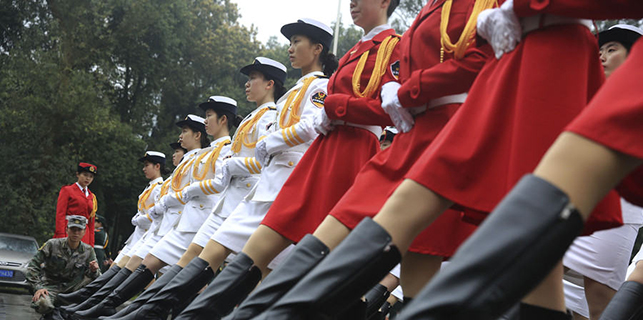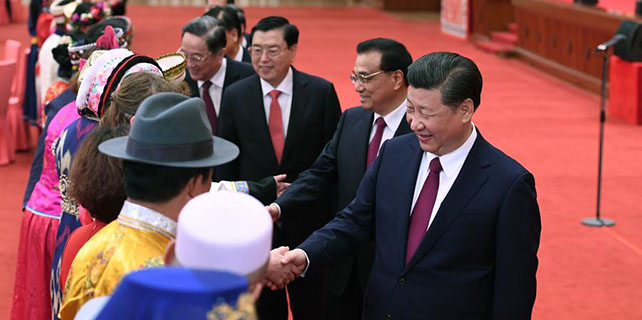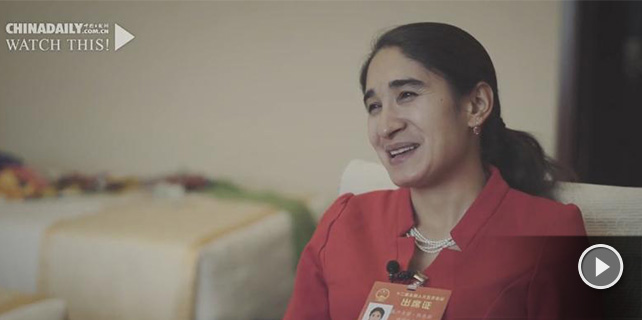Shifting focus gives opportunities to others
China's structural shift toward an economy based on innovation and knowledge and driven by domestic consumption and services should be key to discussions at this year's two sessions, said Danae Kyriakopoulou, who heads research at the Official Monetary and Financial Institutions Forum, an independent think tank for central banking, economic policy and public investment.
"A successful rebalancing should allow China's economy to avoid the middle-income trap as it matures and develops," Kyriakopoulou said. The middle-income trap contends that countries can become stuck at a certain development level after losing their competitive advantage.
"The difficulty, however, will be striking a delicate balance between reducing the economy's reliance on credit, and allowing funds to flow from less-productive sectors of the economy to more promising ones, while at the same time avoiding sharp corrections that could damage growth."
China's economic growth in the decades following its economic reform and opening-up has relied mainly on exports, leveraging the country's manufacturing competitiveness, but in more recent years, it has moved toward innovation-driven growth and expanding the service sector.
Kyriakopoulou said ensuring a successful transformation from an economy that has industrial and manufacturing sectors as its key drivers toward one with more competitive new industries should be supported by policies, such as supply-side reforms aimed at boosting promising new industries.
 |
|
Danae Kyriakopoulou, researcher at the Official Monetary and Financial Institutions Forum |
"This process should be gradual, to avoid sharp corrections as resources move away from the less-promising sectors into more productive ones," she said.
While implementing domestic reforms, China is also taking an international lead in supporting globalization and free trade, and the effective implementation of supporting policies should be key to discussions at the two sessions, Kyriakopoulou said.
"The Belt and Road Initiative will allow China to diversify its resources into regions and seek growth elsewhere," she said. "It is not just a way to generate returns, but also to connect regions and build regional networks, which will be key for China as it emerges as a new leader in this vacuum as the US and UK retreat from globalization."
Meanwhile, she also sees China's reduced focus on manufacturing as helpful for many emerging economies, such as Vietnam, Malaysia and countries in Africa, because it leaves room for them to generate growth by becoming the world's factory.









